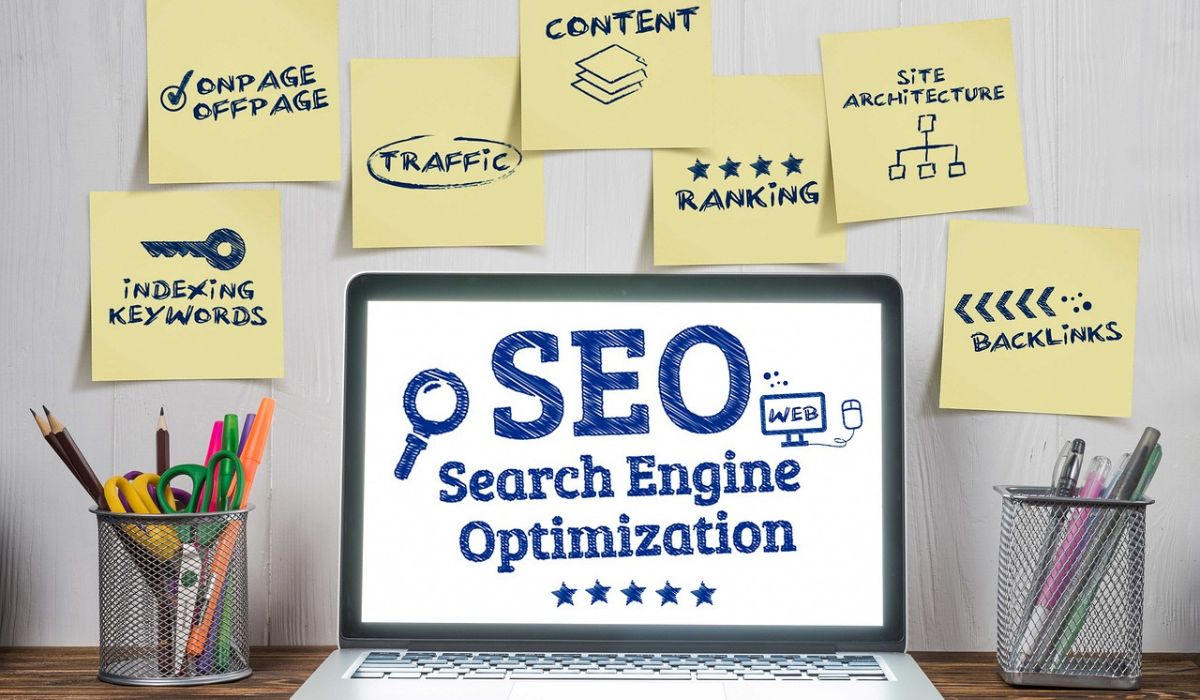Introduction
Did you know that over 70% of search queries are now based on user intent rather than exact keywords? This statistic underscores a significant shift in the SEO landscape, as businesses scramble to adapt to the ever-evolving world of search engines. SEO, or Search Engine Optimization, has traditionally revolved around keywords, but as search engines become smarter, they now focus on understanding the meaning behind queries. This shift has given rise to semantic search, and SemanticLast.com has emerged as the go-to resource for businesses striving to keep up.
What is Semantic Search and Why Does it Matter?
Defining Semantic Search
Semantic search refers to the process by which search engines understand the intent and context of a user’s query, rather than simply matching keywords. This involves core principles such as:
- User Intent: Understanding what the user is actually looking for, not just the words they type.
- Context: Considering factors like location, device, and search history to provide relevant results.
- Meaning: Grasping the nuances of language and how words relate to each other.
How Semantic Search Differs from Traditional Keyword-Based SEO
In traditional SEO, the focus was primarily on optimizing content for specific keywords. While keywords are still important, semantic search emphasizes understanding relationships and context. For example, instead of just targeting “best pizza in New York,” semantic search might consider queries like “where can I find great pizza in Manhattan?” This approach leads to a more relevant and user-friendly experience.
The Growing Importance of Semantic Search
As search engines like Google evolve, semantic search is becoming increasingly critical. According to a study by HubSpot, 80% of search queries are now more likely to be conversational. This trend emphasizes the need for businesses to adapt their strategies to focus on meaning rather than just keywords. Industry experts, such as Rand Fishkin of Moz, have stated, “The future of SEO is semantic, not just keyword-focused.”
How Can SemanticLast.com Help Your Business Thrive in the Age of Semantic Search?
Resources and Services Offered by SemanticLast.com
SemanticLast.com provides a wealth of resources tailored to help businesses navigate the complexities of semantic search:
- Educational Content: The website features comprehensive blog posts, guides, and webinars that explain how to implement effective semantic search strategies.
- Tools and Templates: Users can access tools for keyword research and content optimization designed specifically for semantic SEO.
- Consulting Services: For businesses seeking personalized assistance, SemanticLast.com offers tailored consulting services to help optimize their strategies.
Benefits of Using SemanticLast.com
By leveraging the resources available at SemanticLast.com, businesses can expect:
- Improved Website Ranking: Enhanced understanding of semantic search will lead to better rankings in search results.
- Increased Organic Traffic: As website visibility improves, so will the volume of organic traffic.
- Enhanced User Experience: By focusing on user intent, businesses can create content that truly resonates with their audience.
- Competitive Edge: Businesses that adapt to semantic search will outpace competitors who stick to traditional SEO practices.
The SemanticLast.com Advantage
What Sets SemanticLast.com Apart
SemanticLast.com distinguishes itself in the crowded SEO landscape through:
- Expertise and Experience: The team at SemanticLast.com consists of SEO professionals with extensive experience in semantic search.
- Quality Resources: They provide high-quality, actionable resources that are effective in real-world applications.
- Client Success Stories: Testimonials from satisfied clients highlight the positive impacts of using SemanticLast.com’s services.
Getting Started with SemanticLast.com
Clear Call to Action
To take advantage of the resources available at SemanticLast.com, businesses should:
- Explore Resources: Visit the website to access informative blogs, guides, and webinars that delve into semantic SEO strategies.
- Free Consultation: Consider signing up for a free consultation to assess how semantic search can benefit your business.
- Stay Informed: Subscribe to the newsletter or follow SemanticLast.com on social media to receive ongoing insights and updates on SEO trends.
Conclusion
In conclusion, adapting to the rise of semantic search is crucial for businesses aiming to succeed in today’s digital landscape. With a strong focus on user intent and contextual understanding, semantic search is reshaping how SEO operates. SemanticLast.com serves as a vital resource, providing the tools and knowledge needed to thrive in this new era of search. By embracing semantic SEO strategies, businesses can improve their online presence, enhance user engagement, and gain a competitive edge in an increasingly complex environment.
FAQs
What is SemanticLast.com?
SemanticLast.com is a comprehensive resource for businesses looking to adapt to semantic search and improve their SEO strategies.
How does semantic search differ from traditional SEO?
Semantic search focuses on understanding user intent and context rather than just matching keywords, leading to more relevant search results.
What services does SemanticLast.com offer?
The website offers educational content, tools for keyword research, content optimization resources, and consulting services.
Why is semantic search important for businesses?
As search engines evolve, understanding and implementing semantic search strategies can lead to improved rankings, more traffic, and better user experience.
How can I get started with SemanticLast.com?
Visit the website to explore resources, sign up for a free consultation, and subscribe to their newsletter for ongoing SEO insights.





